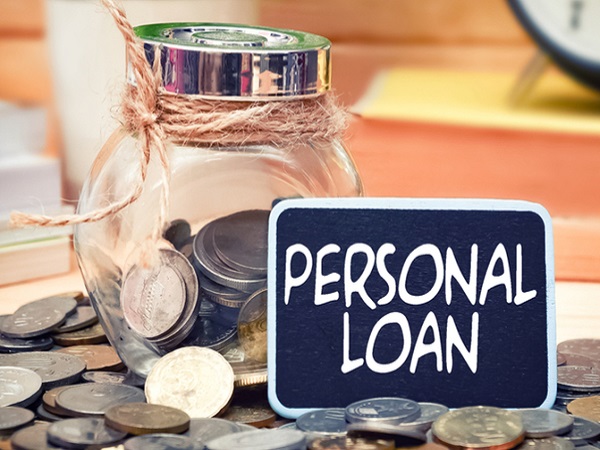The unprecedented COVID-19 pandemic has crippled economies and shattered families. It has led businesses to shut their operations, and almost everyone has had to endure a reduction in their income. In such times, the biggest challenge one can face is managing a financial crisis at home.
The good news is that you are not alone in this crisis. There are millions of people across the world that are battling with this recently induced financial instability. Hence, preparing for such conditions is very necessary to fight against the COVID-19 pandemic. During such a time, to do financial savings are the first priority for everyone. Hence, there are a few ways you can manage your finances. For instance, you can also opt for a personal loan apply online. It is a great option to leverage your relationship with your creditors, cut down your budgets, etc. Apart from that, there are some the ways to weather the storm during the COVID-19 pandemic.
Ways to Manage a Financial Crisis During Coronavirus (COVID-19):
- Prioritize emergency fund
The most crucial step you can take during the COVID-19 crisis is maintaining an emergency fund. Your emergency funds will allow you to deal with expenses at home if your income gets reduced or you have to deal with a medical emergency. A golden piece of advice would be to keep funds to cover at least six months of your expenses. The best place to keep your emergency fund is a high-interest savings account. You will not only park your funds, but you can also earn some extra cash on interest.
- Exercise strict budgeting measures
You will need to change your habit of overspending and adapt strict cost-cutting measures to arrange funds for essential financial commitments like paying your monthly house rent, utility bills, insurance premiums, etc. The upside of the lockdown due to the COVID-19 pandemic is that you are also cutting down certain expenses such as daily commutes. You could put that money to boost your savings. It would be wise to reduce your non-essential expenses so that you could tackle an emergency when it arises.
- Ask for help from your creditors
As you may have heard, desperate times require desperate measures. So, If you have difficulty making payments on your credit card or home loan, you can reach out to your current creditors to request emergency financial reliefs. You will need to explain your financial situation, and if your lender is convinced, you may be offered temporary payment postponement.
Make sure to inquire about your lender’s balance transfer facility. You will be able to save money on interest by transferring higher interest debt onto a credit card with a lower interest rate. You can also contact other companies to whom you need to pay every month and find out if they have new payment plans.
- Be aware of scammers
During the COVID-19 pandemic, an increased number of fraudulent activities have been observed. Even during a worldwide health crisis, scammers are taking advantage of this situation. Since you are anxious about your state of finances, you can easily be susceptible to fraud. Therefore, you will have to be wary of unsolicited phone calls, messages, and emails.
For instance, you may be contacted to request donations or your sensitive information. Do not give your personal information to any unfamiliar person or organization. If you want to indulge in a genuine online transaction, make sure to verify your identity by contacting the government directly.
- Consider applying for a personal loan
If you have an emergency need and your savings are not enough to manage your finances then it is advisable to go for a personal loan and apply online from the lender’s site or through the app play store. The benefit of applying for a personal loan is that you can get a loan amount based on your needs without any collateral. It enables you to use the loan amount for whatever reason you would like, as there is no restriction on the end-use of the sanctioned loan amount.
Before applying for a personal loan, make sure to compare different personal loan interest rates offered by the different lenders to choose one that best serves your needs. Ask your lender about the additional fees and personal loan documents involved in securing a loan. You will need to keep all documents ready and agree with the terms and conditions of the loan agreement before making a decision.
Conclusion
In times of the COVID-19 crisis, it would be wise and advisable to maintain an emergency fund for yours, cut down your monthly expenses, and keep on all the benefits offered by your creditors. However, if you need funds urgently, the best course of action would be getting a personal loan that offers a lower interest rate and requires minimum personal loan documents.

